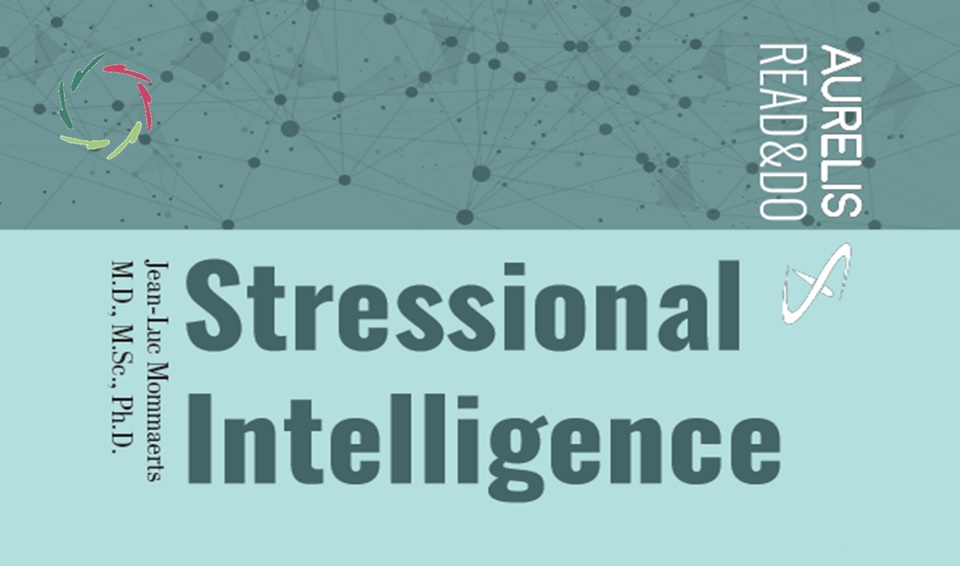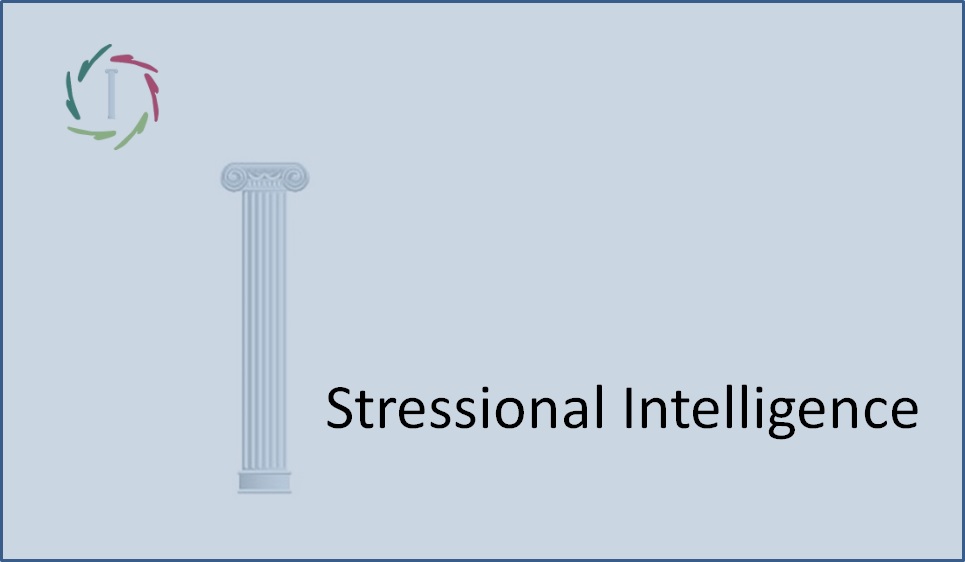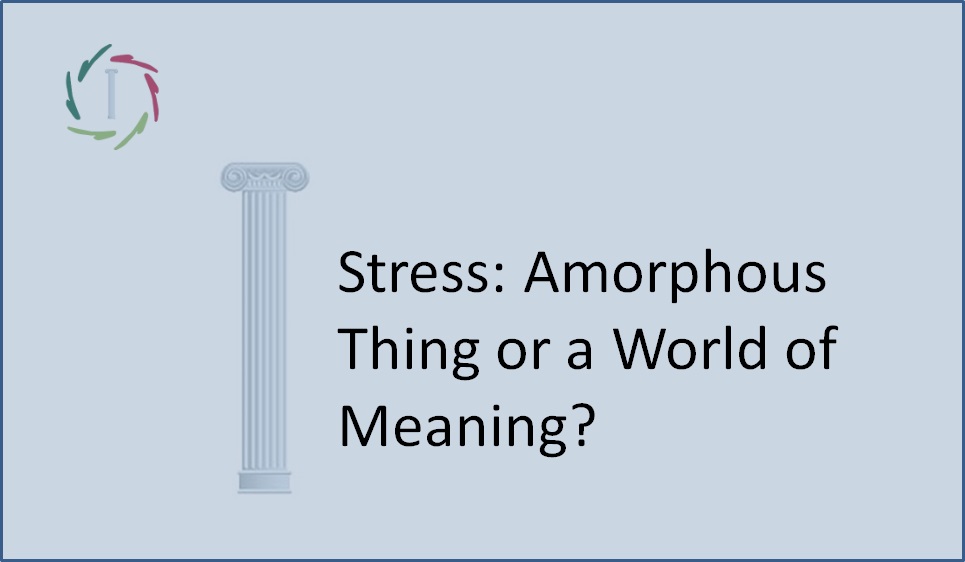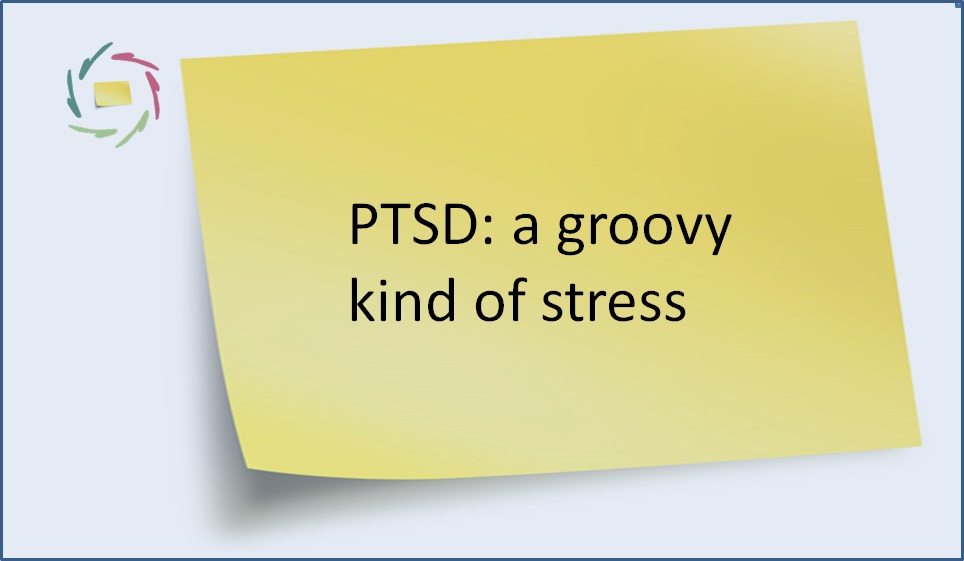Stress and Longevity

Stress and longevity may seem like natural enemies, but the reality is more nuanced. Scientific research shows that stress can shorten life, yet under certain conditions, it can also strengthen and extend it. From an AURELIS perspective, stress is never just a pressure from outside; it is tied to meaning, perception, and inner growth. This Read the full article…
From Stress to Parkinson

Parkinson’s disease is often seen as a purely neurological condition. But what if its roots go deeper — into the silent currents of long-term stress and inner meaning? This blog invites a fresh view, combining hard science and lived depth, to trace a path from chronic inner tension to the unfolding of Parkinson’s. In doing Read the full article…

Stress Impacts Most Diseases
Over decades of research, the link between stress and diseases has become undeniable, influencing both mental and physical health. Stress alters the body’s emotional, behavioral, and neurohormonal systems, which in turn affect vital organs such as the heart and brain, as well as systems like the immune and cardiovascular systems. This blog explores various ways Read the full article…

What Defines a Stressful Event?
Stress is often defined by external events – like a big work project or an unexpected life change – but individual perception, shaped by deeper mental patterns, is key to determining what constitutes a stressful event. By combining scientific understanding with AURELIS introspective tools, we can redefine stress and learn to manage it from within. Read the full article…

Non-Consciously Stressed?
Counterintuitive yet congruent with basic science, it makes a world of difference, if not a different world. A challenging question How can one know that it is possible to be non-consciously stressed if whoever is not consciously aware of it when it occurs? Moreover, the question seems weird enough, given that it is hardly ever Read the full article…

Not Stress but Meaning is a Cause of Disease.
Looking at stress – as it is typically conceived – we may be looking over what causes disease and may help us get beyond disease. It is time to change diagnostic and therapeutic directions. One reason for the difficulty of investigating stress as a cause of disease is that it isn’t. Thus, in scientific experimental Read the full article…

Stressional Intelligence – Read&Do
This is the foreword to my book ‘Stressional Intelligence’ that you can find on Amazon (see menu). Stress is not the amorphous blob that it is frequently purported to be. It is a multifaceted, multidimensional conglomerate, in every aspect related to meanings and deeper meanings. One cannot be stressed by something that is personally meaningless. Read the full article…

An Exercise in Stressional Intelligence
Stressional Intelligence is how to rationally deal with stress in deep respect to yourself. Some principles are always applicable. This exercise may show so. Nature gave our ancestors a continual amount of stress. Thus, we are basically made to function with stress. We all need it, physically and mentally, in diverse amounts. We also all Read the full article…

Stress is a Perception of an Imbalance of Perceptions
Stress is played out at the level of perceptions. That doesn’t make it less real or bodily or worthy of many people’s attention or less capable to deeply influence the bottom line of any company. Responsibility, no guilt It’s always important to note: the fact that stress is a perception, doesn’t make you guilty. It Read the full article…

19. Stressional Intelligence
This piece of text follows upon ‘Stress: an amorphous thing or a world of meaning?’ Stress is not some kind of blob that appears from nowhere, but a complex picture. In this text we look at stress from five different angles. Each of these angles brings some insight into the meaning of Read the full article…

18. Stress: Amorphous Thing or a World of Meaning?
Throw all colors in one and the same pot and the result is grey: that’s no basis for a beautiful painting. In the thirties of the last century, Hans Selye introduced the concept of ‘GAS’ (General Adaptation Syndrome) as the default response of an organism to a stressor. He was the first person who saw Read the full article…

Stressional Intelligence Aims at a Stable Equilibrium
Striving for equilibria is a ‘basic natural law’. Stressional Intelligence brings the total person into this striving. A human mind-body is a gigantic mass of elements and patterns that all strive for their own equilibria. This is played out at several levels: At the cellular level, each cell strives for its own equilibrium, which is Read the full article…

Stressional Intelligence: Sensitivity Without Vulnerability
Distress can be seen as a problem of vulnerability: getting frustrated by a mismatch between ‘wanting’ and ‘not being able to’. It’s a relative problem: is there too much environmental stress for you, or are you too vulnerable? There is no objective measure in this. Too much environmental stress may be too much for almost Read the full article…

Transforming Stress into Challenge.
A challenge is something you can fight FOR. You can fight to achieve it. (Di)stress is the result of a fighting-AGAINST. Going from latter to former is a change of fight. When stress becomes negative, there is always a ‘fighting against’ involved. Some examples: A child has examination stress because it fears being punished for Read the full article…

Stress is about Deeper Meaning
Negative stress can be seen as the direct consequence of a lack of deeper meaning. Many people – including physicians – see stress as some kind of blob. To have or not to have… And then: to have it to a certain degree on a scale from nil to X. “Yesterday I had a lot Read the full article…

Do People Seek Negative Stress?
May stress be a major goal of ‘running the rat race’ rather than the result? According to statistics, almost everybody is ever more di-stressed, including kids and elderly people. So, it’s quite logical to look for causes. But what if stress – whether positive or negative – is ultimately the goal? Causes become means… Then Read the full article…

29. PTSD: a groovy kind of stress
In a traumatic situation, people are more vulnerable to ‘suggestion’ (that is: to be touched in one’s deeper self by the meaning of things) for two reasons. First, the very deep meaning of what happens, has in itself as a matter of fact a huge impact. Second, the power of the trauma shakes and cuts Read the full article…